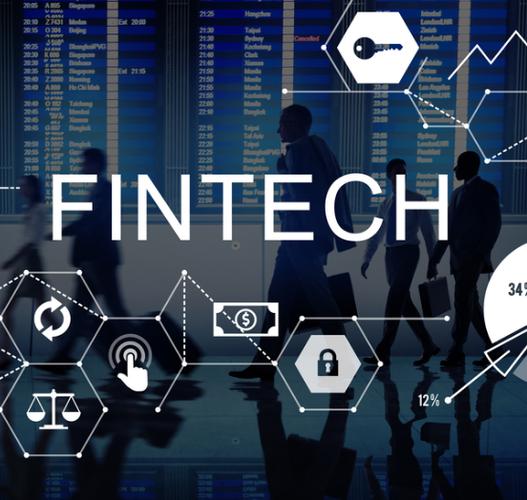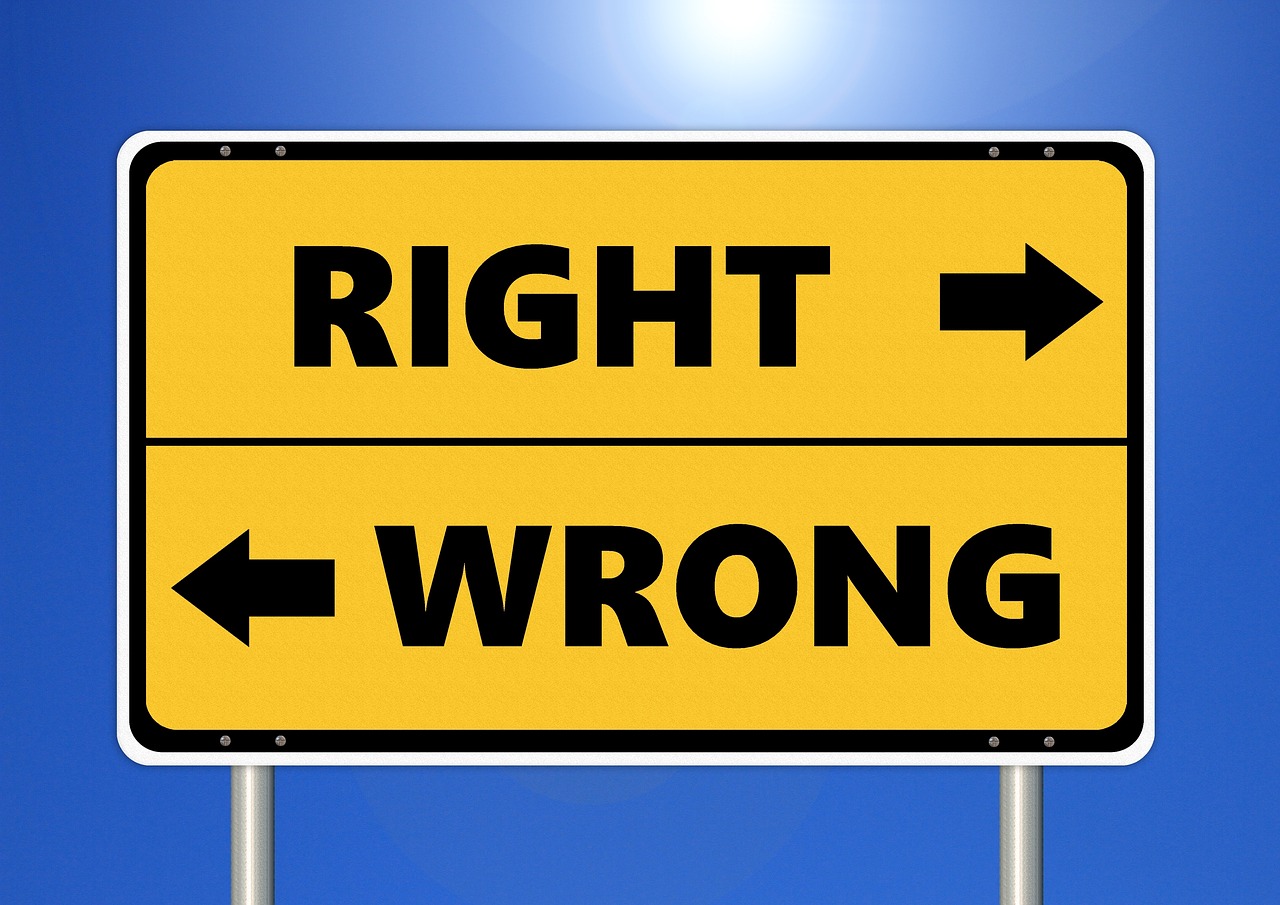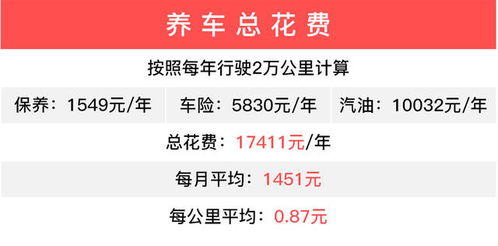Title: Understanding Blockchain Regulation and Compliance

In recent years, the rapid expansion of blockchain technology has posed significant challenges for regulators worldwide. As blockchain applications continue to evolve, ensuring compliance with existing laws and regulations becomes increasingly complex. Let's delve into the realm of blockchain regulation and explore how authorities are addressing this intricate landscape.
1. Overview of Blockchain Regulation:
Blockchain, the underlying technology behind cryptocurrencies like Bitcoin, operates on a decentralized network, which inherently challenges traditional regulatory frameworks. Despite its disruptive potential, regulators are tasked with safeguarding investor protection, preventing financial crimes, and maintaining market stability.
2. Regulatory Challenges:
The decentralized nature of blockchain complicates regulatory oversight. Traditional financial systems rely on centralized authorities to enforce regulations and manage transactions. However, blockchain operates without a central authority, making it challenging to implement traditional regulatory measures.
Furthermore, the borderless nature of blockchain technology raises jurisdictional concerns. Transactions can occur across international boundaries, making it difficult for regulators to enforce compliance consistently.
3. Regulatory Responses:
Regulators worldwide are actively exploring strategies to address the unique challenges posed by blockchain technology. These responses typically involve a combination of regulatory frameworks, enforcement actions, and industry collaboration.
a. Legislative Measures: Some countries have introduced specific legislation tailored to regulate blockchain and cryptocurrencies. These laws aim to establish legal clarity, define regulatory requirements, and mitigate associated risks.
b. Regulatory Guidance: Regulatory agencies provide guidance to businesses operating in the blockchain space. This guidance outlines compliance expectations, risk management practices, and reporting requirements.
c. Collaboration with Industry: Regulators collaborate with blockchain industry stakeholders to develop best practices, standards, and selfregulatory initiatives. This collaborative approach fosters innovation while ensuring compliance with regulatory objectives.
4. Compliance Considerations:
Businesses operating in the blockchain space must navigate a complex regulatory landscape to ensure compliance with applicable laws and regulations. Key compliance considerations include:
a. AntiMoney Laundering (AML) and Know Your Customer (KYC) Regulations: Blockchainbased businesses must implement robust AML and KYC procedures to prevent illicit activities, such as money laundering and terrorist financing.
b. Securities Regulations: Tokens issued through initial coin offerings (ICOs) or security token offerings (STOs) may be subject to securities regulations. Companies must assess the regulatory status of their tokens and comply with applicable securities laws.
c. Tax Compliance: Tax implications associated with blockchain transactions vary by jurisdiction. Businesses must understand the tax treatment of cryptocurrencies, token sales, and other blockchainrelated activities to ensure compliance with tax laws.
5. Future Outlook:
As blockchain technology continues to evolve, regulators face ongoing challenges in adapting regulatory frameworks to address emerging risks and opportunities. Regulatory responses will likely evolve alongside technological advancements, fostering innovation while maintaining regulatory objectives.
Conclusion:
Blockchain regulation is a dynamic and evolving field, shaped by technological innovation, regulatory developments, and industry dynamics. Businesses operating in the blockchain space must prioritize compliance efforts to navigate the complex regulatory landscape effectively. By understanding regulatory requirements, collaborating with regulators and industry stakeholders, and implementing robust compliance measures, businesses can harness the transformative potential of blockchain technology while mitigating regulatory risks.











